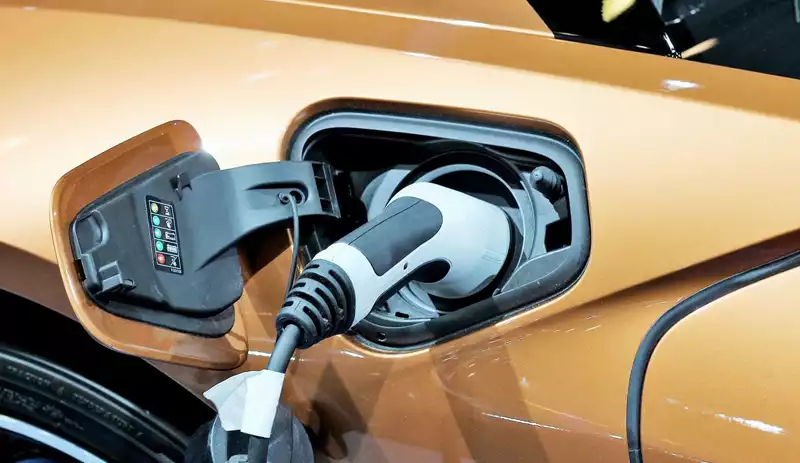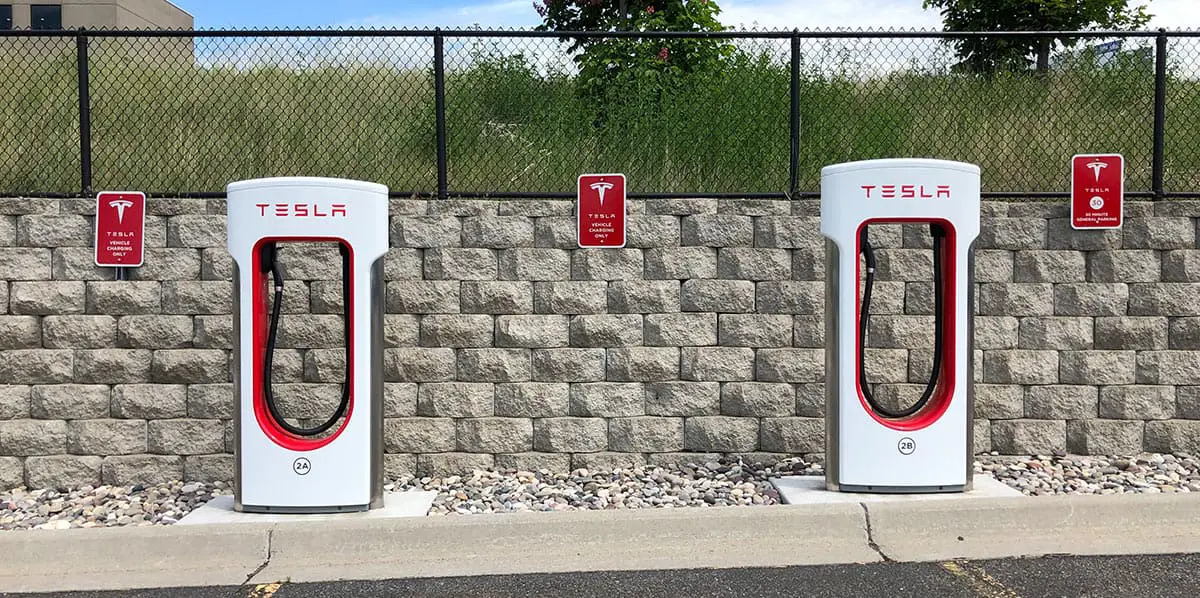You can also be interested in these:
- What is Dark Silicon and what is it currently used for?
- Overwatch Tournament path to pro and the difficulty of getting to pro
- The end of an era: iPods are officially discontinued
- AMD FidelityFX Super Resolution 2.2 reinventing the game
The electric vehicle trend is growing and adapting to our lives graciously. As production techniques, materials and technologies become even more accessible and factors such as global warming keep jeopardizing our survival on this earth, this concept becomes more attractive. Similarly, governments on a few countries are promoting and even subsidizing the production of electric vehicles. They are pushing the electric vehicle trend due to the benefits associated with the environment and also to alleviate the pressure from regulatory bodies advocating the use of greener technologies.

The pioneer in research, development and manufacturing of electric vehicles is Tesla. There are other familiar faces from the automotive industry venturing in the electric vehicle trend since the last 5 years. Companies such as Audi, BMW, Chevrolet, Ford, Honda, Kia, Mercedes Benz, Mitsubishi, Nisan, Renault and Volkswagen are also joining the race. There are also new players in the game: companies like Byton, NIO, Piëch, Faraday Future, Lucid, Canoo, Fisker, Nikola, Rivian, among others. We can see also, well-known companies from other industries, such as Samsung, Dyson and allegedly Apple.
The bright side of the electric veichicle trend
The electric vehicle trend finds its meaning in all those things it does right. If it is true that electric cars are not cheap, it is also a reality that maintenance costs are relatively less than their fossil fuel counterpart. All the moving parts involved in the mechanics present on fuel-powered cars cause a lot of wear. In an electric vehicle we only have the main rotor, which is usually quite robust and not prone to break. Apart from this, we only have to worry about the brakes and the suspension system. At a later time, the battery, after 8 years of use. Whereas, in a gas-powered vehicle, we also have the exhaust system, ignition, fuel injection, radiators and some other concerns.
For many, the highly variable cost of fuel is also a problem. Electric power is relatively cheaper and more cost-effective than fossil fuels. In some countries, such as Australia, users of electric vehicles receive exemptions on their tax statement if they register their possession.

We already mentioned some of the environmental benefits associated with the use of electric vehicles. Choosing to drive an electric vehicle contributes to reducing air pollution by eliminating CO2 and greenhouse gas emissions by 100%. Electricity is a renewable energy. Additionally, solar panels or green energy providers can be used to make the environmental contribution even more efficient. Likewise, in the manufacture of electric vehicles, eco-friendly production materials are being used.
There are also benefits concerning safety. Electric vehicles are, at their discretion, safer than their counterpart. The weight of the battery bank, added to the low center of gravity of most of the available models, make the car less prone to tipping while driving on the road.
Likewise, taking gasoline out of the equation, we have less risk of explosions and fires hazards.
Why everybody wants a piece of the pie?
The global market for electric vehicles was valued at $ 162.34 billion in 2019, with a projected growth of $ 802.81 billion by 2027.In 2019 there was an approximate of 3,269,671 units sold and it is projected by 2030 that the market will reach 26,951,318 units.This constitutes the 21.1% compound annual growth rate.
There is currently a favorable outlook for investment in the electric vehicle trend. Governments are concerned about the environmental impact of fossil fuel vehicles and want to minimize the carbon footprint generated by the transportation sector. Economic aid and concessions are granted to the manufacturers of electric cars.
The batteries, one of the most important components of these cars, is reducing its price, thanks to the massive investment on research. The new standards points the mid-market price range to ditch many of the most expensive features these cars have. Also, the exploration of other segments like utility vehicles and mass transportation, like buses offers more room for growth.
The target of the vehicle is becoming more and more aware of the harmful effect that motor vehicles have on the environment. This is another selling point of electric vehicles.
Challenges of joining the electric vehicle trend
The electric vehicle industry is a juicy steak that all companies want to take a bite of. However, there are numerous challenges for companies that decide to embark on this adventure:
The battery:
The costs associated with producing electric vehicles are extremely high, being the batteries on the greater scale. Batteries in electric vehicles must be sufficiently reliable and capable of receiving and maintaining a large amount of electrical charge. To achieve this there are many expensive components and difficult production processes to gather and fulfill. However, companies occasionally make deals to jointly manufacture vehicles with partners to ease the economic burden. For instance, the case of Foxconn and the Chinese start-up Byton for the production of the M-byte vehicle.
The charging
Not only the production can be tricky for the creators of electric cars. These vehicles run mainly on electric power. Therefore, to create a sustainable system, there must be a power grid that guarantees a stable supply of energy and also numerous points of resupply available. Of these last two points, neither of the two exists 100%.
Charging an electric vehicle today takes on average 8 hours. If it is connected to a fast charging station, it would take half an hour, but these are not very abundant. Likewise, a fully loaded car can run an average of 100 miles, or 160.9 KM. The average person drives about 40 miles a day. Here is the great dilemma of electric vehicles. It would be impossible to carry out long road trips on these vehicles. Similarly, for many, it is not very practical to have an electric car when normal use exceeds the average charging time.

The energy supply
With the great boom that electric vehicles have had, it is expected that even more charging stations will be built. Even so, the demand should exceed the expectations of the costs involved in building such units along all the main roads. The logic of this problem is: “there must be more users of electric vehicles so that there are more charing stations”. With the high prices of electric vehicles, in reality, this will take a long time.
The autonomy
In the same way, intelligent navigation systems have seen a great development in recent years. Even so, there are many who are not very keen to the idea that their car thinking for themselves. Even more, when his physical integrity and his life depend on it.
More stories like this
- What is Dark Silicon and what is it currently used for?
- Overwatch Tournament path to pro and the difficulty of getting to pro
- The end of an era: iPods are officially discontinued
- AMD FidelityFX Super Resolution 2.2 reinventing the game
- Noctua NH-L9a-AM5: Low profile cooler for Ryzen 7000
- WiFi 7: The future of the wireless internet